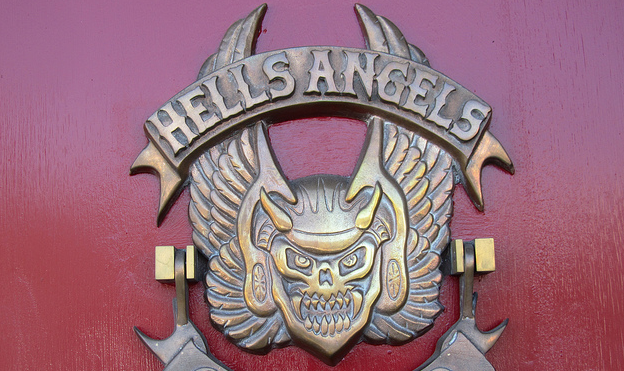
Ten years ago Normand Robitaille, a former high-ranking Hells Angels, was sentenced to 17 years in prison. He was convicted of conspiracy to commit murder, money laundering and drug trafficking.
Robitaille was mostly known for his close ties to Maurice Boucher — the president of the Hells Angels Montreal chapter. Boucher trusted him so much Robitaille would meet with Mafia leader Vito Rizzuto in his name.
On Jan. 20, Robitaille was granted unsupervised leave privileges from the minimum security compound to take business classes at HEC Montréal business school. Unescorted leave is considered the final step towards parole.
The announcement prompted some Canadian citizens to declare he is still dangerous and should remain in prison. However, the parole board was right in granting him leave.
Marcel Danis is a political science professor at Concordia University, specializing in organized crime. He was also the defense lawyer for many high-ranking Hells Angels members.
‘‘I would agree that he should stay in prison if he was still a member of the Hells Angels,’’ he told The Concordian. ‘‘But here we’re talking about a former member who broke all his ties to the club.’’
In fact, Robitaille went through the proper procedures to officially disassociate from the group. While in prison he wrote to the Hells Angels’ headquarters in California asking permission to withdraw. They accepted his request.
‘‘It is the equivalent of being honourably discharged from the army,’’ said Danis.
As of October 2009, the Sûreté du Québec no longer considered him a Hells Angels member.
Robitaille allegedly changed during his time in prison. He reportedly took up Buddhism and has been using past unescorted leaves to meet with a Buddhist chaplain. He kept to himself and did not cause trouble. As a reward Robitaille went from a maximum security facility to medium and finally to minimum. He has also completed a Bachelor’s in communications by correspondence during that time.
‘‘I’m confident he won’t do anything to breach his parole,’’ said Danis. ‘‘He knows he will be back immediately on the smallest breach, whatever it may be. It would be foolish.’’
Robitaille’s case, and the debate surrounding it, is a good example of the differences between Eastern and Western Canadians’ perception on crime in general.
Quebec and other Eastern provinces differ from Western Canada in that they have a stronger belief in rehabilitation instead of punishment. Quebec, for example, had the fifth lowest crime rate in 2011, according to Statistics Canada.
Eastern provinces have lower crime rates than their western counterparts for the most part due to their emphasis on rehabilitation. Thus, it comes as no surprise that in 2011 even the Canadian Bar Association — which represents 37,000 lawyers — denounced the federal government’s tough-on-crime Bill C-10. They even launched legal action to strike down parts of the controversial bill in November 2012, and will go all the way to the Supreme Court if need be.
Obviously, criminals must initially be punished and sentenced according to the severity of their actions. However, simply keeping them locked up is not a solution to the problem. The Eastern provinces understand this concept, the federal government and the Western provinces do not.
To ensure they do not repeat the same actions following their release, criminals should be taken care of while in prison. Prisons are not establishments made to store criminals indefinitely, but rather to ensure they are able to properly reintegrate in society afterwards.
If a prisoner, like Normand Robitaille, is psychologically ready for parole and to finally contribute to our society, then the Quebec justice system has succeeded in its mission.



